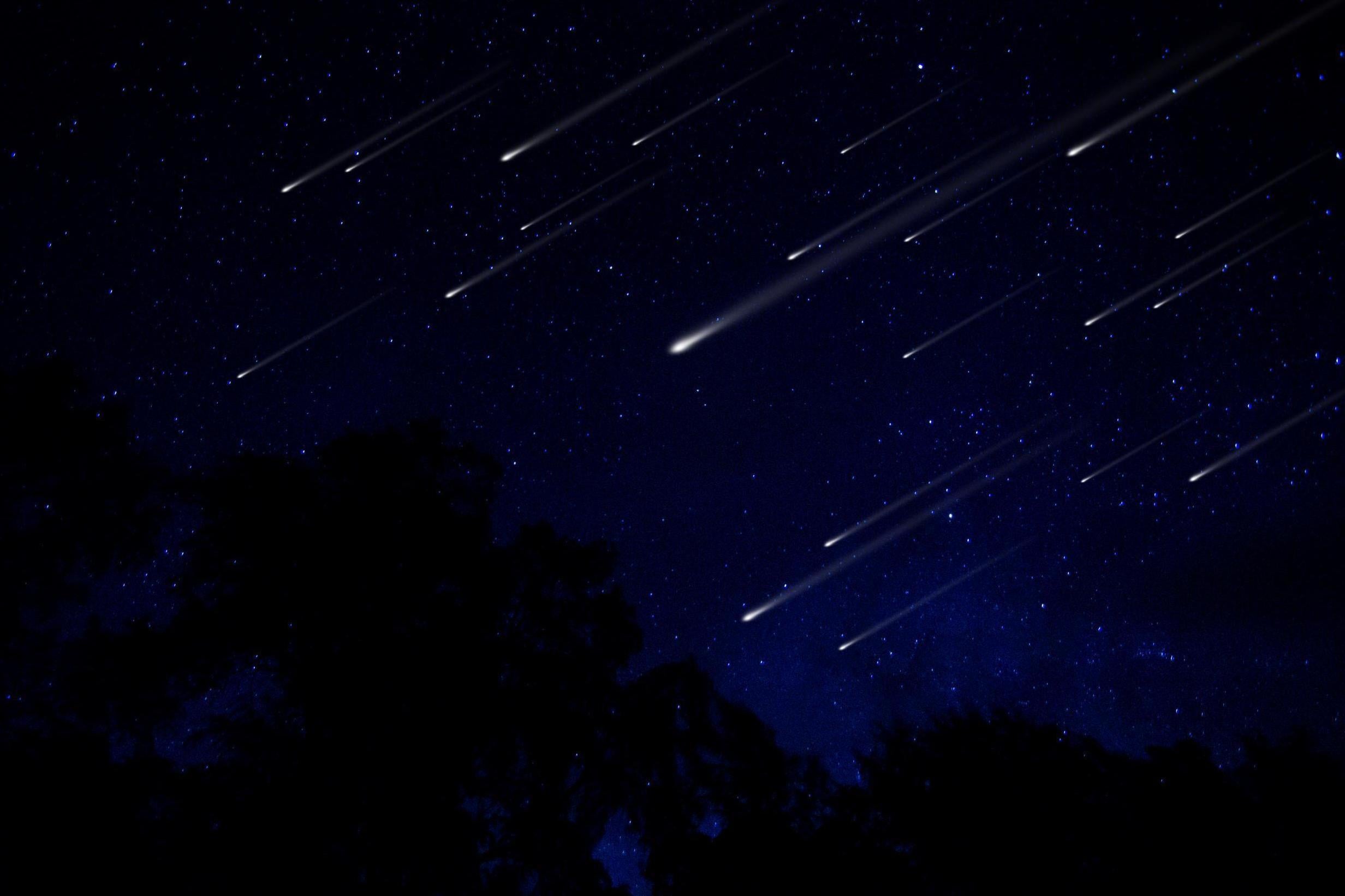'Unicorn' meteor shower: Where can you see Alpha Monocerotid tonight and why could it be so rare?
Sky expected to light up with first ‘outburst’ of shooting stars since 1995

A meteor shower is forecast for tonight, with a “short-lived outburst” of hundreds of shooting stars firing across the sky.
The Alpha Monocerotid meteor shower, which happens every year between 21 and 23 November, usually sees a few meteors shoot through the night sky.
But according to Peter Jenniskens, of the Nasa Ames Research Centre and Esko Lyytinen, a forecaster from the Finnish Fireball Network, this year’s “unicorn” meteor shower - named for the proximity of the meteors to Monoceros, otherwise known as the Unicorn constellation - may be rare because it could include hundreds more meteors than usual.
This is what you need to know about Thursday’s meteor shower.
Where and when can you see it?
People in South America, eastern North America, Western Europe and northwestern Africa will have the best views, according to CNN.
In the night sky, you can look towards the Orion and Canis Major constellations, which are near the Unicorn constellation.
As for what time to turn your eyes to the stars, Lyytinen and Jenniskens have predicted that the shower will take place at 11.50pm ET – 4.50am in the UK – and last roughly 40 minutes. However, they recommend those hoping to see the phenomenon go outside around 11.15pm.
“Anyone who is going to try to observe should not be late at all,” they wrote in MeteorNews.
According to the scientists, the peak of the outburst will last for 15 minutes.
Why is this year’s shower special?
Jenniskens and Lyytinen hypothesise that this event could see anywhere from 100 meteors to more than 1,000 meteors per hour shooting down from the sky.
According to the scientists, the annual shower has only produced four outbursts previously – in 1925, 1935, 1985 and 1995.
However, the outburst is still just a prediction, despite conditions appearing to mimic those of 1995, when viewers saw around 400 meteors an hour.
Where does the shower come from?
The meteor shower comes from the dust trail of an unknown comet, according to the scientists, one that takes more than 200 years to travel once around the sun.
If the trail of dust gets close to Earth’s orbit, as is expected this year, it can cause an outburst of meteors.

“Most years, our planet misses or grazes the meteor stream, but rarely, we actually plough through a denser part of the debris, and this can cause noticeably much more dramatic meteor activity in our skies,” Jenniskens, told National Geographic.
What do you need to see the meteor shower?
Because cloud cover is expected to be light, the meteor shower should be visible without telescopes or binoculars. Viewers also won’t have to worry about the moon, as it is expected to remain concealed below the horizon until after the meteor shower is over.
To increase visibility, try to avoid city lights and make sure your eyes are accustomed to the dark beforehand.
Join our commenting forum
Join thought-provoking conversations, follow other Independent readers and see their replies
Comments
Bookmark popover
Removed from bookmarks